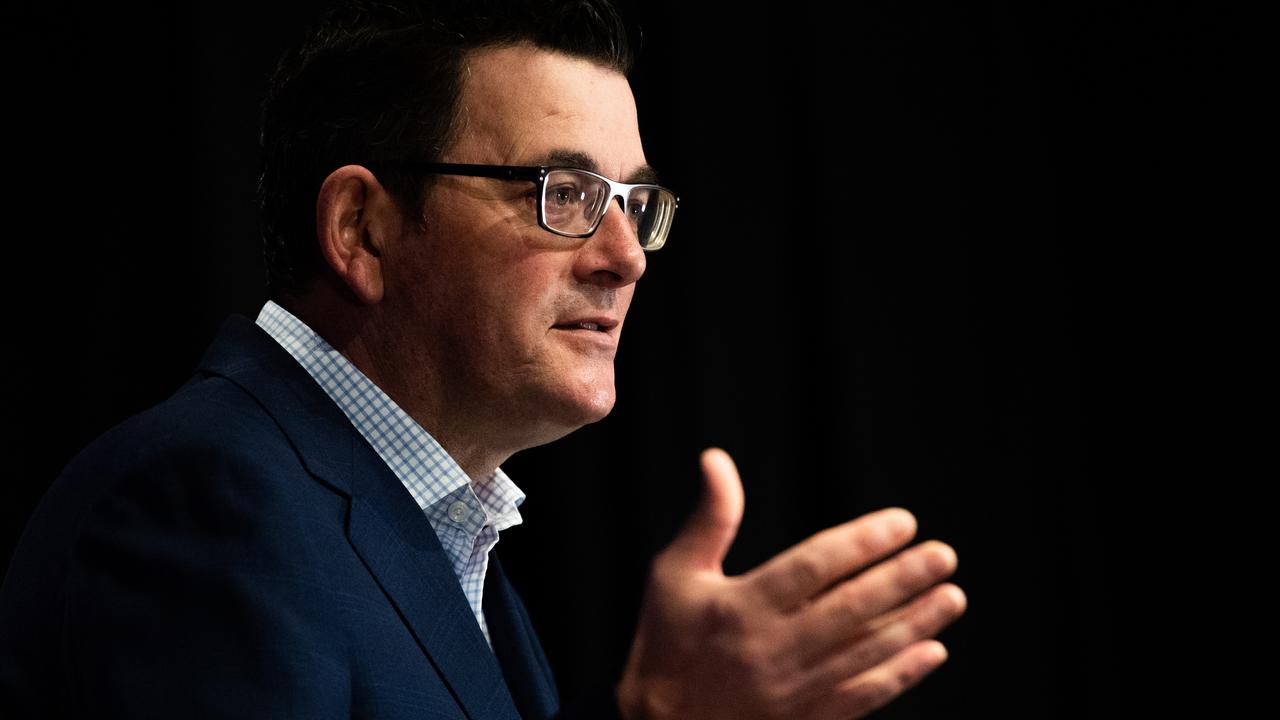Rita Panahi: Welcome to Melbourne, now please leave
THE geographical restrictions of the federal government’s plan to force new migrants to reside outside of Sydney, Melbourne and southeast Queensland appear patently unfair and near impossible to enforce, writes Rita Panahi.
Rita Panahi
Don't miss out on the headlines from Rita Panahi. Followed categories will be added to My News.
IF the Morrison Government is to have any chance of winning the coming federal election, it needs clear and sensible policies on energy, population and border protection.
Right now it has one out of three.
The government’s energy policy is still confused and fails to sufficiently differentiate the Coalition from Labor. And its population plan is not much better, with Tuesday’s announcement akin to putting a Band-Aid on a gushing wound.
A plan to force new migrants to reside outside of Sydney, Melbourne and southeast Queensland for up to five years was unveiled by Alan Tudge, the Minister for Cities, Urban Infrastructure and Population.
VISA CHANGES FORCE MIGRANTS TO REGIONS
CALLS FOR IMMIGRATION INTAKE TO BE SLASHED
POPULATION HITS 25 MILLION AMID HIGH IMMIGRATION
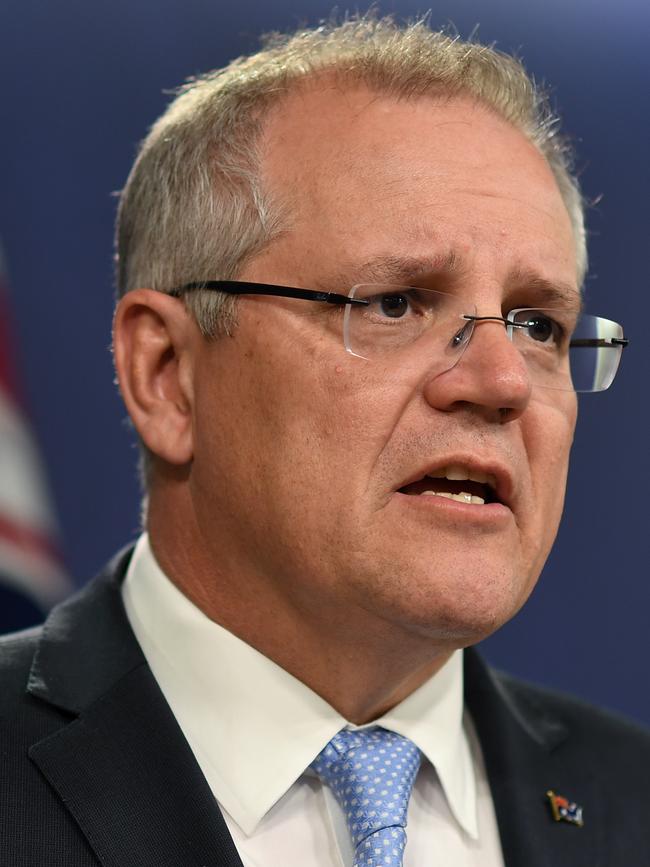
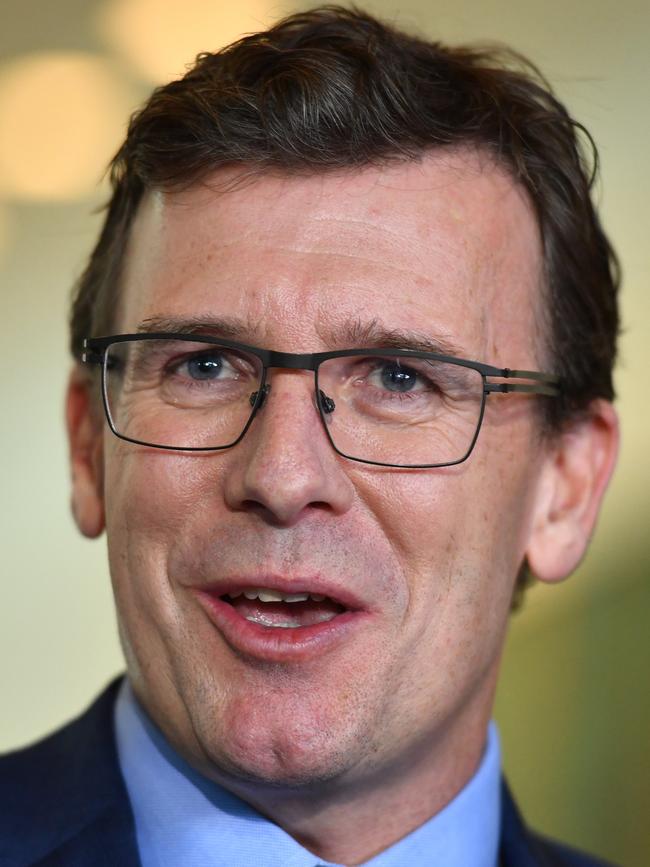
Any breaches of this would affect their chances of becoming a permanent resident or citizen.
“We are working on measures to have more new arrivals go to the smaller states and regions and require them to be there for at least a few years. In that time, the evidence suggests that many will make it their home for the long-term,” Mr Tudge said.
“The opportunity is to get a more even distribution of growth across the country to support the smaller states and regions, while taking pressure off Melbourne, Sydney and southeast Queensland.
“South Australia, for example, grew by just over 10,000 people last year. Melbourne grew by 10,000 every 28 days.”
While the plan has sensible suggestions about integrating population policy with infrastructure projects, the geographical restrictions appear patently unfair and near impossible to enforce.
Why should people who are productive members of our society — paying taxes, obeying laws and adding to the wealth of the nation — be told where they can live?
What if one of the new migrants required to live in regional areas falls in love with a city girl? Do they need to live apart for years or will he be granted an exemption? What if one develops a medical condition requiring specialist care only available in Melbourne? Do they get an exemption too?
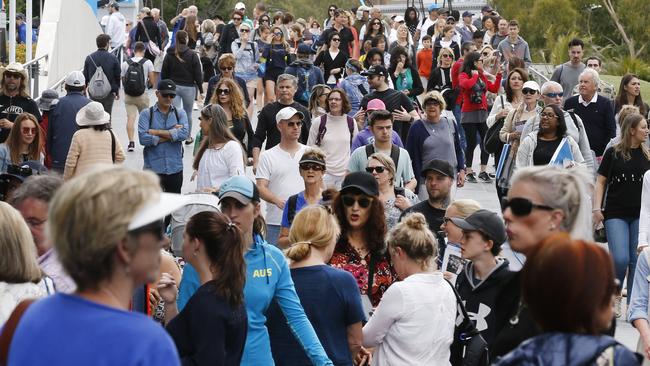
And, while some folk in country areas and smaller cities would welcome a population boost, there’d be plenty with reservations.
Poll after poll has shown most Australians want an end to the immigration levels that have given us among the highest growth rates in the OECD, more than double that of the US and UK.
Overseas migration accounts for most of Australia’s population growth, contributing 65 per cent to Melbourne’s last year. That influx has caused significant infrastructure issues.
Part of the problem is that while the federal government determines our population policy and annual migrant intake, the states are responsible for roads, health services and schools.
Simply banning some new migrants from Sydney, Melbourne and southeast Queensland will certainly help in reducing congestion and countering the infrastructure shortfalls there. But it will also bring many new and unintended consequences; some positive, some certain to cause significant angst.
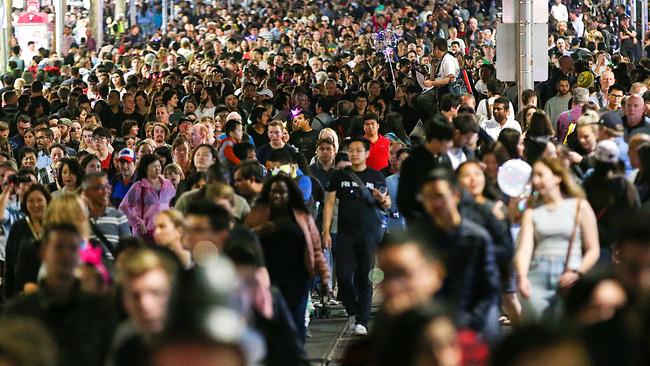
The solution also fails to acknowledge that the opposition to Australia’s high immigration intake isn’t purely due to lifestyle issues. There are two broad concerns: lifestyle and cultural.
The latter is evident in polling carried out last year by the Australian Population Research Institute, which showed 55 per cent of us believed Australia was “in danger of losing its culture and identity”, while 52 per cent believed the nation had changed to an extent where it “sometimes feels like a foreign country”.
An SBS-commissioned survey a year earlier revealed that 46 per cent agreed that “multiculturalism had failed and caused social division and religious extremism’’.
The real figure may be even higher, given a 2018 poll by TAPRI showed that two-thirds of Australians were reluctant to share their views on immigration levels for fear of being labelled racist.
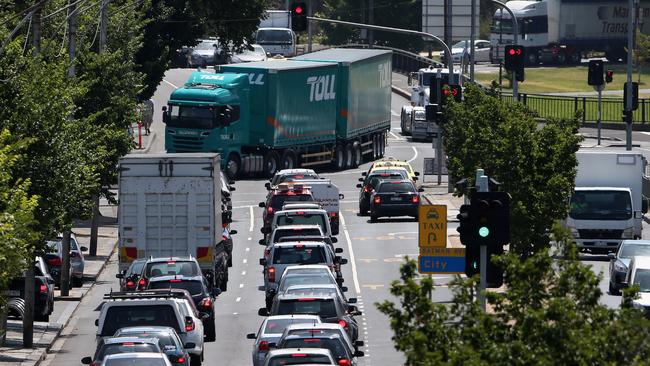
Even those of us who support high immigration numbers and population growth have to acknowledge that not only are we in the minority, but there are significant assimilation issues among some migrant groups.
The migrant mix is an important issue that too many politicians are terrified to tackle.
In reality, some migrants integrate better than others and we should ensure those who come here have the capacity to contribute as well as embrace our values of democracy, freedom and equality.
Congestion issues can be resolved with greater investment in roads and public transport, but protecting the cultural identity of a country takes courage and long-term planning.
Rita Panahi is a Herald Sun columnist


